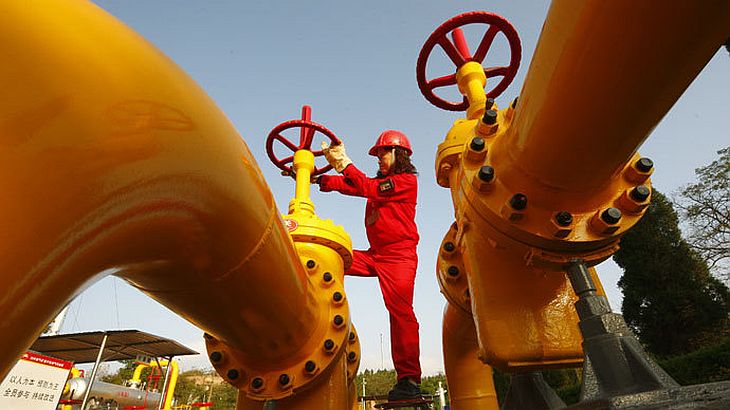Russia is “ready to negotiate” with several of the countries formerly participating in the Russian-Italian gas pipeline South Stream, abandoned by Moscow, to possibly include them in the projects of another pipeline, announced Russia’s ambassador to the EU, Vladimir Chizhov, quoted by AFP.
The statements come just a day after a senior Bulgarian official stated that the Vladimir Putin’s announcement about the project is just a bluff designed to put pressure on Bulgaria and the European Union.
“I am sure that the Russian side is ready to discuss with these countries on what we need to do and how to get out of this situation,” said the Russian high diplomat, but excluding any discussion with Bulgaria, “a partner who you cannot trust”, according to Ria Novosti Russian agency.
Serbia, Hungary and Austria are however cited among countries with which Russia is willing to negotiate. These statements come after Vladimir Putin announced that Russia abandons the South Stream project, motivating with Bulgaria`s refusal to authorize the pipeline crossing its territory.
The same day, Russia and Turkey signed an agreement to build a gas pipeline linking the two countries via the Black Sea. “Starting from the Turkish gas hub, the pipeline will be extended in all directions”, said Chizhov.
“Finally, the pipeline in Turkey will not be worse than South Stream, which go from Bulgaria to reach far countries that have always shown interest in receiving gas via South Stream”, he said.
South Stream, whose project was launched in 2012, should have been followed a route of 3600 km, linking Russia and Bulgaria to Western Europe via Serbia, Hungary and Slovenia, with a capacity of 63 billion cubic meters per year. Pipeline sought bypassing Ukraine.

